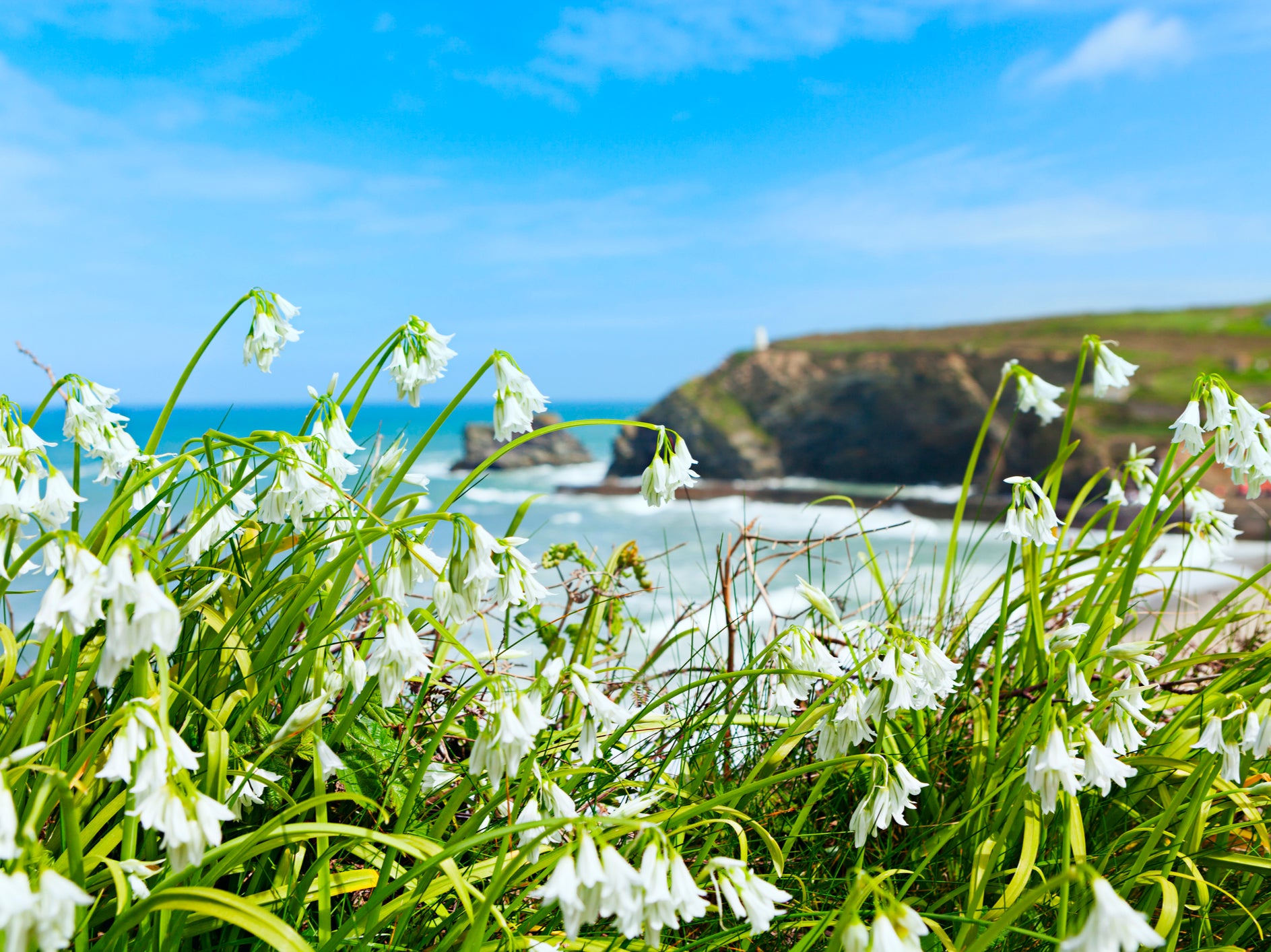Cornwall’s nature is in decline, warn conservationists ahead of G7 summit
‘The beauty of our coasts and countryside masks the pressures which nature faces’

Your support helps us to tell the story
From reproductive rights to climate change to Big Tech, The Independent is on the ground when the story is developing. Whether it's investigating the financials of Elon Musk's pro-Trump PAC or producing our latest documentary, 'The A Word', which shines a light on the American women fighting for reproductive rights, we know how important it is to parse out the facts from the messaging.
At such a critical moment in US history, we need reporters on the ground. Your donation allows us to keep sending journalists to speak to both sides of the story.
The Independent is trusted by Americans across the entire political spectrum. And unlike many other quality news outlets, we choose not to lock Americans out of our reporting and analysis with paywalls. We believe quality journalism should be available to everyone, paid for by those who can afford it.
Your support makes all the difference.With the climate and biodiversity crisis among the most important issues leaders from the G7 countries will try to deal with at this week’s summit in Cornwall, the plight of local species – some of which are at risk of being wiped out – is being highlighted by conservationists.
The Cornwall Wildlife Trust has said almost a quarter of all terrestrial mammals and butterfly species were at risk in the county, while 12 per cent of species of “principal importance” were threatened with local extinction.
The causes of these major declines include greater levels of intensive farming and the impacts of the climate crisis, while fishing and pollution are the most significant threats to the ocean habitats around the south west.
These are the findings of the State of Nature Cornwall 2020 report, which was inspired by the UK State of Nature report of 2019, which revealed that 41 per cent of species studied in the UK since the 1970s are now in decline.
The research, by the University of Exeter, and carried out in collaboration with Cornwall Council, analysed data collected by volunteers and reveals the extent of the ecological crisis in Cornwall.
Few species have prospered over the last 30 years, while the vast majority have followed a trend of declines largely in line with population collapses in the rest of the UK, the researchers said.
Carolyn Cadman, chief executive of Cornwall Wildlife Trust, said: “Our analysis shows that Cornwall’s wildlife and wild places are in trouble and we need to take action now to reverse the decline.
“The UK is one of the most nature-depleted countries in the world and here in Cornwall the beauty of our coasts and countryside masks the pressures which nature faces.
“We know what to do to bring nature back. With additional investment, some changes may be reversed through species reintroductions and nature recovery programmes, which we are already undertaking.”
She added: "It is also vital that the UK Government makes good on its commitment to strong, world-leading environmental laws and protection, and increases investment in nature on a national scale, to create wildlife habitats which are bigger, better managed and more joined-up.”
The summit is expected to test the determination of the G7 leaders to committing to make the wholesale changes required to tackle the worst impacts of the climate crisis.
Cornwall’s average temperature has increased by 1C in just the last 34 years as the impacts of the climate crisis make themselves felt.
The authors of the report urged the UK government and administrations around the world to enact policy to help reduce human impacts on the natural world and allow ecosystems to recover.
Cheryl Marriott, head of conservation at the Cornwall Wildlife Trust, said: “The efforts of local wildlife groups, organisations and projects to monitor and protect Cornwall’s nature are outstanding.
“Without their sightings, records and evidence, the State of Nature Cornwall report would not have been possible.
“We all need to do more to protect wildlife and wild places. Government policies must change and both national and international action needs to be stepped up as a matter of urgency.”
Additional reporting by PA.
Join our commenting forum
Join thought-provoking conversations, follow other Independent readers and see their replies
0Comments